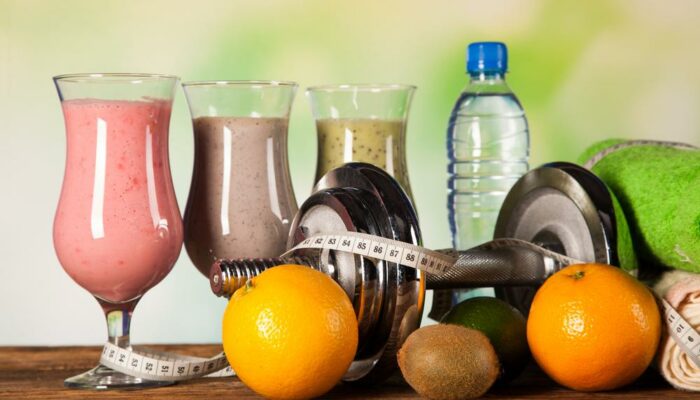
Tips for Following a Sugar-Free Diet
A sugar-free diet limits the intake of all natural or processed foods containing sugar. A high intake of foods containing sugar can cause health issues like diabetes, tooth decay, and weight gain. Although it is not possible to eliminate foods containing sugar from your diet, keeping a tab on the sugar intake is a great way to prevent these health issues.
A sugar-free diet boosts the immune system, improves digestion, helps in reducing inflammation and weight gain, and also reduces the risk of developing cancer-causing cells. Tips to follow this diet effectively include:
1. Include fibrous foods in the diet
Lentils, chia seeds, citrus fruits, vegetables, and whole wheat flour are some examples of fibrous foods. Regular intake of fibrous foods is necessary when on a sugar-free diet as your body digests them slowly, and they help eliminate toxins and waste particles when they pass through the digestive system.
2. Increase the intake of proteins and fats
Foods rich in protein and fats are good options when following this diet. A diet rich in fats and proteins helps in increasing energy levels and reducing appetite, which can also aid weight loss. Avocados, nuts, eggs, and fish are some examples of fat and protein-rich foods.
3. Check sugar levels in processed foods
While buying processed or canned foods, it is important to read the food labels carefully because most processed foods are high in fructose. Limiting the consumption of such foods is a must when on a sugar-free diet.
4. Reduce the intake of desserts
When on this diet, you should avoid the consumption of desserts like ice creams, brownies, cakes, and cookies that are loaded with sugar. Instead, you can opt for dark chocolate, plain yogurt with fruits, or a fruit salad.
5. Drink plenty of water
One of the easiest ways to implement a sugar-free diet is to increase the intake of water. Consuming water not only keeps the body well hydrated but can also reduce cravings. You can also opt for coconut water or add fruits, cucumbers, or mint to plain water for flavor.
6. Get adequate sleep
This diet must be accompanied by a good 8 to 9 hours of sleep to regulate cravings and aid in the proper functioning of the immune system.
7. Boost serotonin levels
A sugar-free diet should also be accompanied by physical exercise to help boost serotonin levels in your body. This is helpful as high serotonin levels reduce the craving for sweets.
8. Avoid food shopping when hungry
You tend to pick foods high in sugar when hungry, so always grab a snack before heading out to the store when you are on a sugar-free diet.
9. Opt for sugar-free alternatives
Natural sweeteners like stevia and erythritol can be added to foods as these sweeteners do not contain calories and help in reducing blood sugar levels.
10. Avoid using sauces
Ketchup and barbeque sauce are high in sugar and should be replaced with mayonnaise, yellow mustard, dried herbs, and spices.



